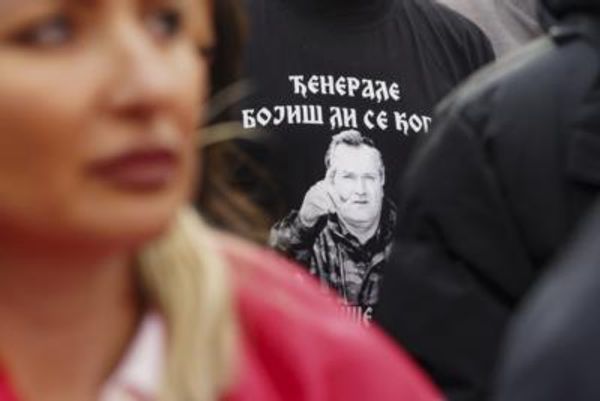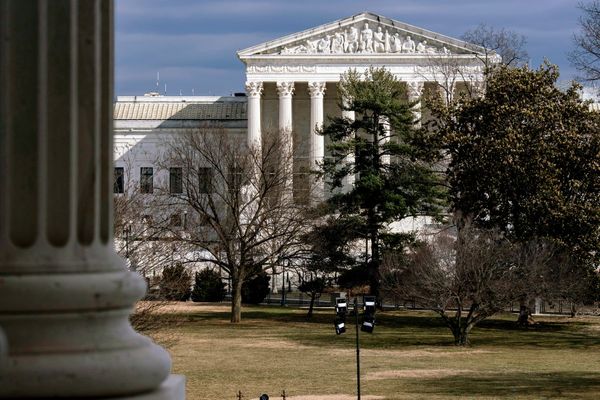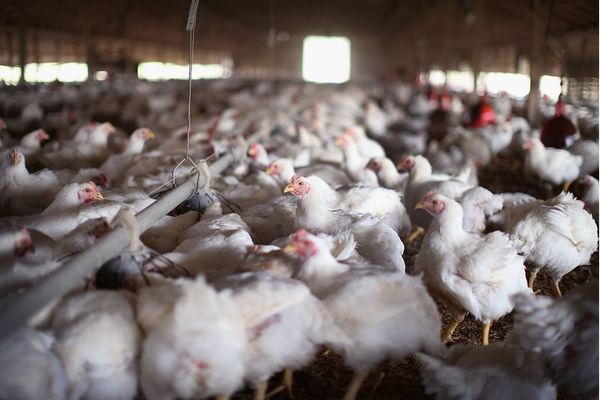Chelsea Football Club is now frozen as one of Roman Abramovich’s assets. The club will still be able to operate though, albeit with some heavy restrictions. Among the things that can still happen are playing matches, paying wages and serving refreshments at games.
However, the club won’t be able to sign new players, give existing players new contracts, sell any new tickets (match and season tickets already sold are still valid), or sell any merchandise, whilst also being restricted to spend just £20,000 on transport going to games. It’s also believed that the planned sale of the club can still go ahead, but only if Abramovich doesn’t financially benefit from it in any way.
So what are the potential financial impacts on the club in the immediate future? The Reach Data Unit has been through the club’s accounts to see how the sanctions may impact the club, but also to see how Chelsea’s finances have changed under Roman Abramovich.
Money coming in
The good news for Chelsea is that the sanctions don’t prevent the club from receiving broadcast and prize money from organisations such as the Premier League or UEFA. That was worth a total of £273.61million to the club last season, making it their most important revenue stream.
By contrast, the club earned £153.60m through commercial income, and just £7.65m from matchdays, which was down £54.47m in 2019/20 due to games being played behind closed doors. Even in non-covid years, broadcast revenue has been the club’s main source of regular income, making up an average of 44% of revenue between 2009/10 and 2019/20.
One problem for Chelsea though is that they are barred from selling any more match tickets. That will no doubt come as a blow to the club’s finances, but they have been increasingly less dependent on matchday income over the last 15 years.
Back in 2007/08 - the earliest season for which we have a breakdown of turnover - the three main streams of income - broadcast, commercial and matchday - each made up around a third of the club’s income. But while broadcast and commercial incomes have soared in that time, matchday income at Stamford Bridge has remained largely the same. It means that by 2019/20, matchday income made up just 13% of Chelsea’s overall revenue.
Wages
Chelsea can still pay their players’ wages, so there’s little danger of contracts being broken and players walking out en masse. The club’s wage bill stood at £332.91m in 2020/21, the latest season for which figures are available. Manchester City are the only English club who paid their players more (£354.69m).
Wage growth is one of Roman Abramovich’s legacies at Stamford Bridge. The club has paid out a total of £3.51 billion in wages since he took over the club in 2003/04. Chelsea spent £115.57m on wages back in Abramovich’s first season, meaning wages have almost tripled since then. Had the wage bill increased in line with inflation then it would only be £193.47m a year now.
Transfer Spending
The sanctions mean that Chelsea are no longer able to sign any new players. Good news, perhaps, for the club’s youth academy; bad news for the agents and players who’ve done so well out of Roman Abramovich’s lavish transfer spending over the years. Chelsea have spent a rather staggering £2.19 billion on transfers under Abramovich, up to the end of the January 2021 window.
It works out at an average of £121.88m a season. The club have also spent £140.69m on agent fees between 2015/16 and 2020/21, according to figures published by the FA.
Unsurprisingly, this huge amount of spending has seen the value of Chelsea’s squad increase dramatically over the years. Chelsea’s squad for the 2002/03 season, before Abramovich arrived, cost the club £99.68m in transfer fees to assemble, according to their accounts for that year. That shot up to £203.63m in Abramovich’s season in charge, and then to £339.04m by 2005/06 when José Mourinho won his second league title at the club. Fast forward to 2020/21 and Chelsea’s squad cost £958.60m to assemble.
Pre-tax profit/loss
Perhaps the most worrying thing for Chelsea supporters as they prepare for the post-Abramovich world is the club’s struggle to return a profit. Chelsea have made pre-tax losses of £884.28m during the ownership of Roman Abraovich. In 2020/21 they lost £155.90m, though that was impacted by the Covid-19 pandemic. However, the encouraging thing for fans is that the club made profits in three of the four seasons before the pandemic.







